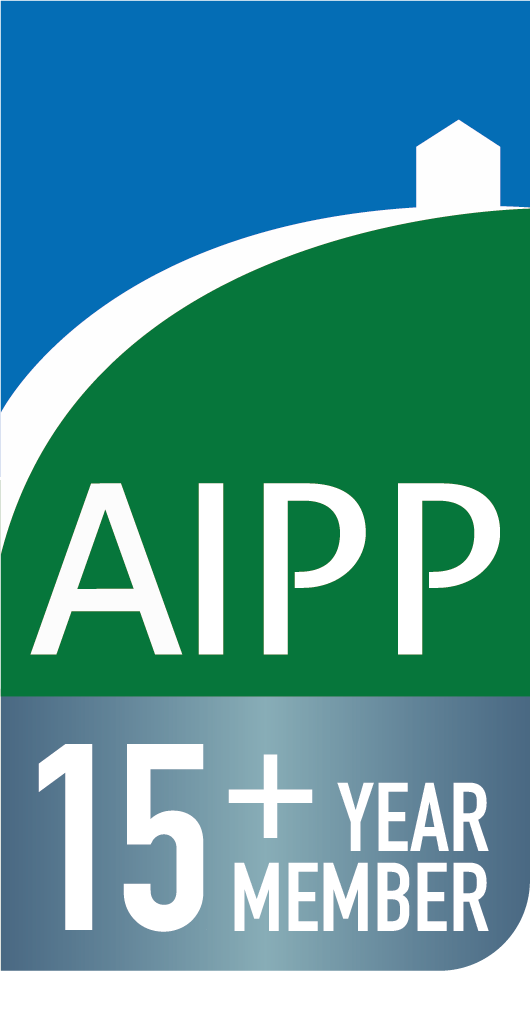ABOUT DOMOSNO
Domosno: Ski Property Agents In The French Alps Since 2005
At Domosno, international buyers have found their foothold in the French Alps since 2005. Our name blends “domus” (Latin for home) and “snow,” perfectly capturing our love for alpine living and property expertise.
As a proud member of the AIPP for over 15 years, we’re committed to the highest standards of transparency and client care, offering clear guidance and reliable advice at every stage.
Whether you’re looking for a second home, a long-term investment, or a combination of lifestyle and income, each option is tailored to your goals and ambitions.
Two decades of Alpine real estate experience
Fully independent, impartial advice — no pressure, no shortcuts
90% international clientele, mainly UK-based, who trust us for cross-border purchases
Hundreds of successful transactions completed
We promise a smooth, reassuring buying experience — making your dream of a home in the French Alps a reality, season after season.
Why DOMOSNO?
Domosno specialises in new-build ski property developments across the Alps, from legendary addresses like Morzine and Alpe d’Huez to hidden gems like Saint-Gervais-les-Bains. Our clients benefit from exclusive access to:
Ski-in, ski-out residences
New-build chalets and apartments
Off-plan investment opportunities

Domosno — member of the
Association of International Property Professionals
since 2010
Our Mission
We partner with a handpicked group of developers and agents across the Alps' greatest hits: Val d'Isère, Méribel, Chamonix, Alpe d'Huez, Morzine, Les Gets, La Plagne, Saint-Gervais, Thollon-Les-Mémises and beyond. Whether you fancy boots-on-ground viewings or prefer the armchair approach, our network delivers expert local support without the runaround.
Our Values
Domosno has been helping clients crack the French Alps property code since 2005—back when "off-plan" meant something dodgy down the pub. Our dual focus on investment returns and lifestyle perks is baked into everything we do. With 15+ years as AIPP members, we've earned our stripes in a market that's become rather crowded of late.
Our Partner Agent Network
We offer exclusive access to new-build developments through direct pipelines to France's top developers—no middlemen, no faff. Our knack for securing ski-in, ski-out properties and high-altitude gems means year-round appeal, solid rental yields, and capital growth that actually materialises. From initial research to keys-in-hand, we're your partner in making Alpine property investment brilliantly straightforward.
Our Most Popular Ski Areas
The destinations our clients ask for most — updated regularly.
Not sure which home fits you best?
a bit of reading...
France Has 179,400 Registered Holiday Lets —...
The 8-Minute Revolution: Eau d’Olle Ex...
The Smart Money Moves Down the Mountain: Why...
Need a French mortgage?
Start your application online in a few minutes. Our French mortgage specialist will review your case and come back with next steps.
- Fast online application
- Guidance on documents and affordability
- Best-fit options for your purchase
You will be redirected to our broker’s secure application form.
Start Mortgage ApplicationNo obligation. Submitting an application doesn’t commit you to a loan.
Some Quick FAQs
Domosno is a specialist real estate agency focused on new-build ski property developments in the French Alps. Founded in 2005, we combine nearly 20 years of experience with international expertise to guide buyers through every stage of their Alpine property purchase.
No. Our services are free to buyers. We are paid by developers, which means you get full guidance and support at no extra cost.
Being a member of the Association of International Property Professionals (AIPP) for over 15 years means we follow strict professional standards. You can trust that your purchase is handled transparently and ethically.
We work across the French Alps, Haute Savoie, Savoie, Isère, from world-class destinations like Morzine and Courchevel to emerging areas with strong investment potential such as Saint-Gervais-les-Bains.
Around 90% of our clients are from the UK (based in UK or expats), looking for a second home, a family ski base, or a long-term investment. We also work with European and international buyers who want reliable support navigating the French property system.
Yes, there are no restrictions for foreigners purchasing property in France. Whether you are an EU or non-EU resident, you can freely buy and own real estate — including ski properties — with full legal rights.
Yes. We can introduce you to English-speaking French mortgage specialists who understand the needs of international buyers and offer tailored financing options.
Not very much to be fair. UK citizens can still buy property in France post-Brexit. However, your stay is limited to 90 days in any 180-day period unless you apply for a long-stay visa. This doesn’t affect your right to own or rent out your property. And any non-French resident is limited to 6 months/year maximum anyway (unless they wish to become French tax residents).
Absolutely. From notary introductions to furniture packages and rental management options, we ensure you are supported long after your purchase is complete.
New-builds offer major advantages, such as:
Lower notary fees (approx. 2–2.5%)
Better energy efficiency (therefore easier resale + possibility to let your property)
10-year structural guarantee
Possibility to reclaim 20% VAT if rented out under certain conditions
Buying off-plan involves signing a reservation contract, followed by a VEFA contract (sale in future state of completion). Payments are made in instalments as the construction progresses. Domosno guides you at every step, with contracts and legal help in English.
Yes, in most cases, for new-build properties — if you rent out your new-build property with hotel-style services (like cleaning, linen, check-in), you may be eligible to reclaim the full 20% VAT. This is a major financial benefit and one of the reasons new builds are so attractive.
Want to discuss your ski property plans? Let's chat...
We can meet on-site or in London, or via Google Meet / Skype (99% of our clients go for the latter as it is faster and more convenient). We can share our screen, show you floor plans, etc, and you can even be that lady below.


Thinking of buying in the French Alps?
Save time. Tell us your requirements, and our local advisors will curate a shortlist of the finest ski properties for you—including exclusive off-market listings.


Domosno — member of the
Association of International Property Professionals
since 2010


